In Viktor Orban's view, the Brussels summit addressed almost every key issue, with the primary topic being peace or war. Speaking with journalist Daniel Bohar, he explained that apart from Hungary and possibly Slovakia, all other EU member states support sending more money and weapons to Ukraine to continue the fight, believing that peace negotiations should only begin once Ukraine is in a stronger position on the battlefield.
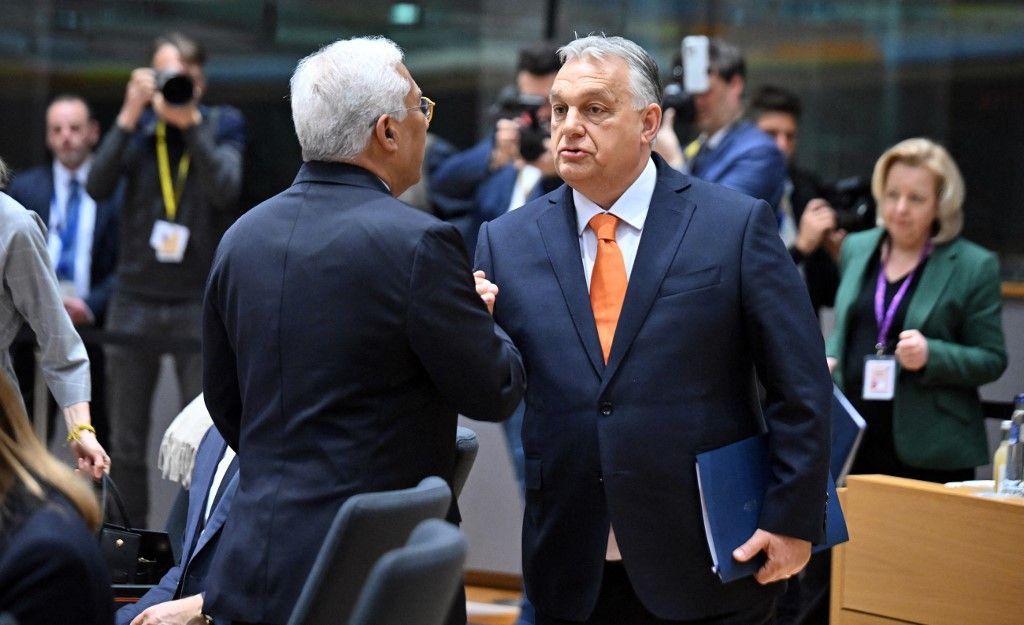
But we all know that the situation on the frontlines is only deteriorating for Ukraine, making the expectation of a more favorable negotiation position unrealistic. I believe this is a misunderstanding of the situation. The U.S. president is being much more realistic, saying that time is not on Ukraine’s side, and that the sooner peace is achieved the better for Ukraine, and that he will do everything toward this end. Now that there is finally a world leader who wants peace, here in Europe, we should support that leader instead of pursuing policies that prolong the war,
the prime minister said.
Regarding Ukraine’s potential EU membership, Orban highlighted multiple concerns. Ukraine’s geographical borders remain unclear due to the ongoing war, and the country’s economic capacity is uncertain, as a significant portion of its industrial production has been destroyed.
And the population size is unknown due to large-scale emigration, raising questions about whether people would return if Ukraine joins the EU. It is very difficult to assess the impact of membership,
he stressed, noting one certainty: the financial burden of Ukraine’s integration would be enormous for both the EU and Hungary. He remarked that Hungary simply could not bear the costs. To make a responsible decision, the PM insisted that the Hungarian people’s opinion will be sought on the matter through a public consultation.
This will not be a referendum, because the Hungarian law on referendums does not recognize public opinion votes. I am thinking more along the lines of our existing national consultation format. We want to do this swiftly and efficiently,
the prime minister said.
This is a decision of historical significance. While a veto is possible, a Hungarian government is elected for a four-year term, whereas the consequences of this decision could last many times that.
On the other hand, he expressed his desire for those who currently support Ukraine’s side to clarify their position and make it clear whether, in their view, Ukraine should become a member of the European Union or not. He wants to know whether there are people in the country willing to take on the financial and economic risks associated with this decision.
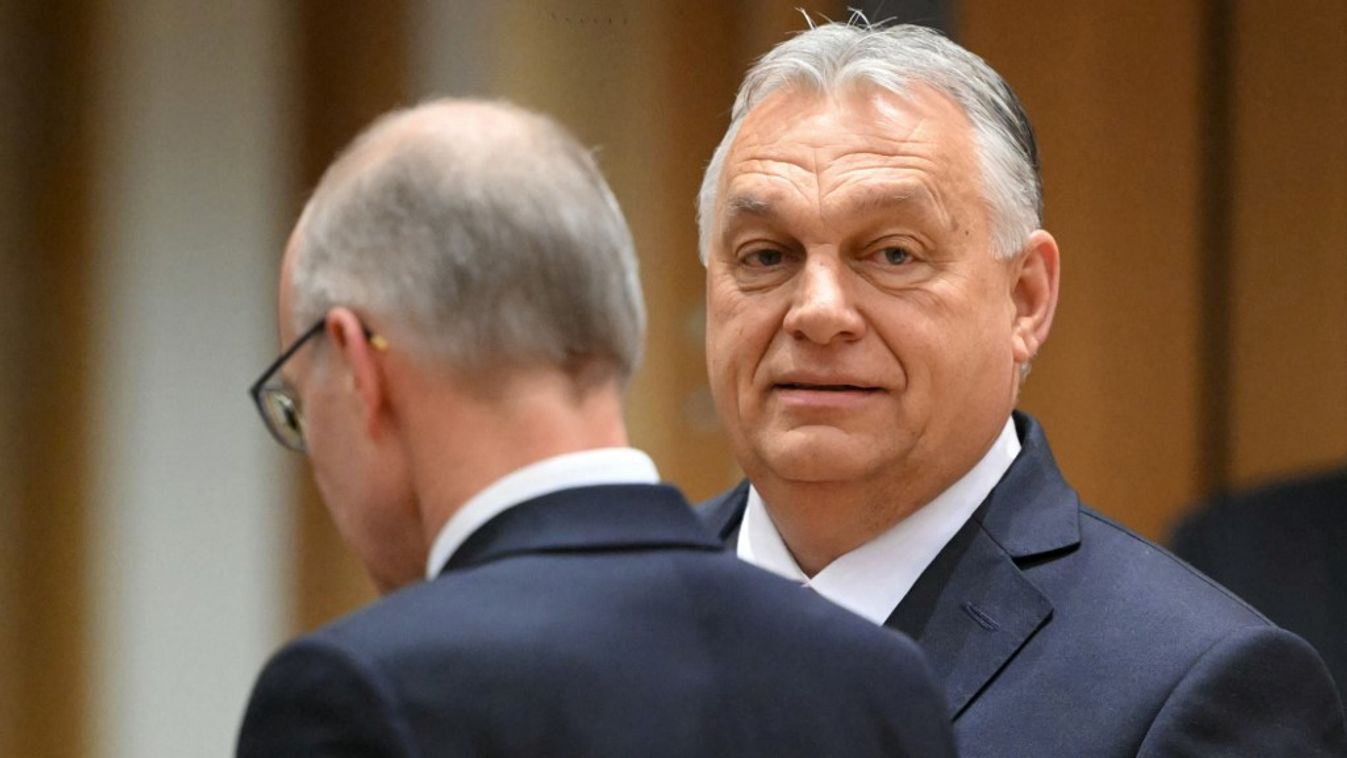
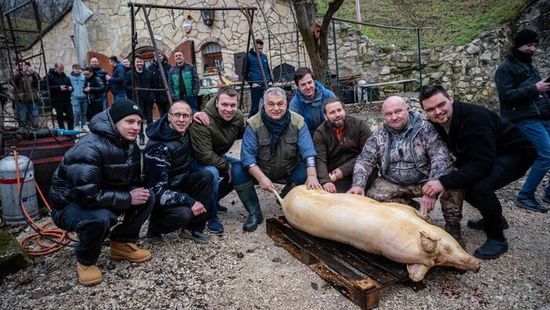
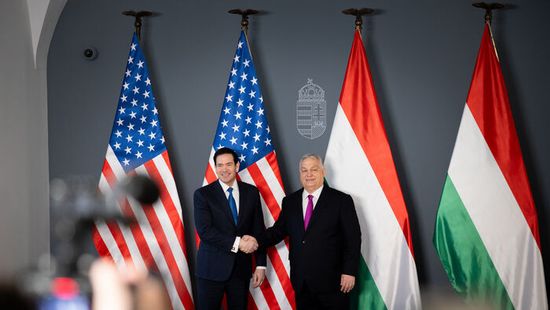
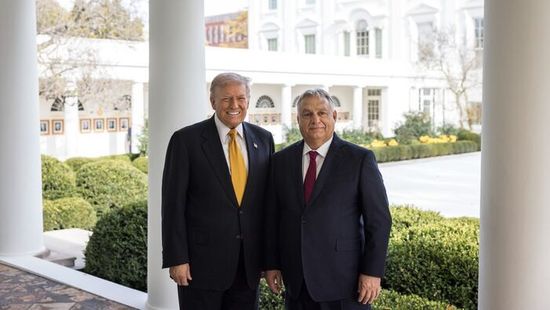
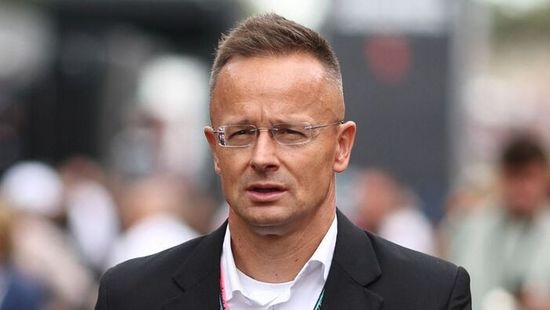

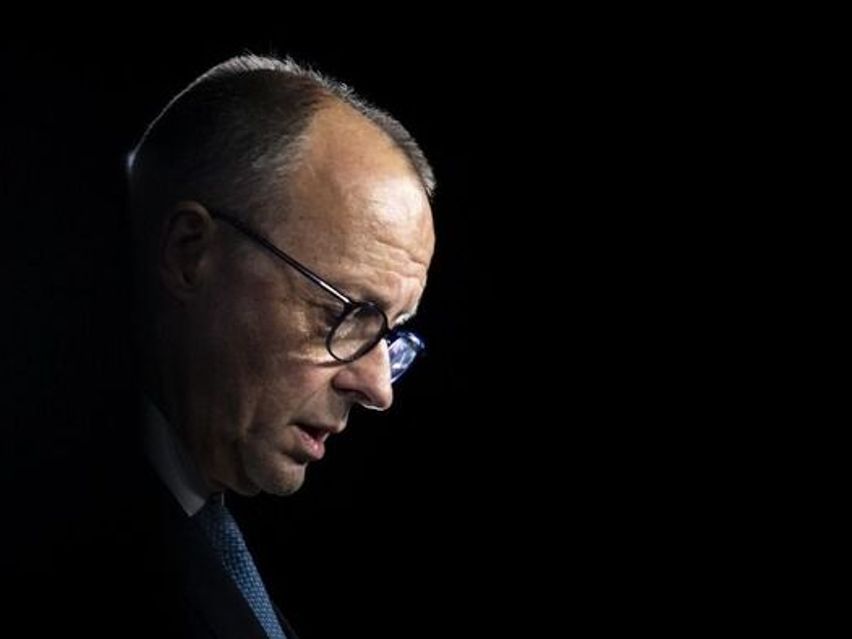
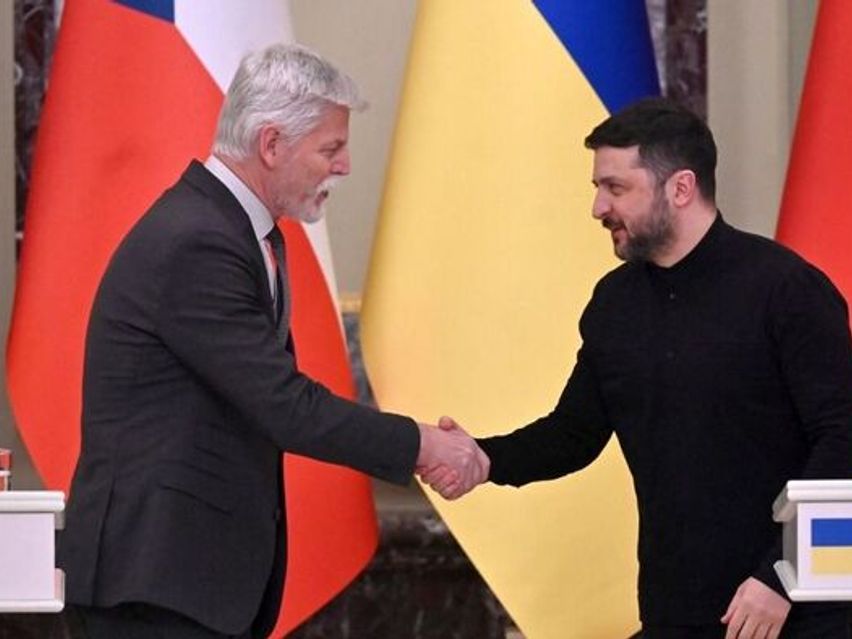
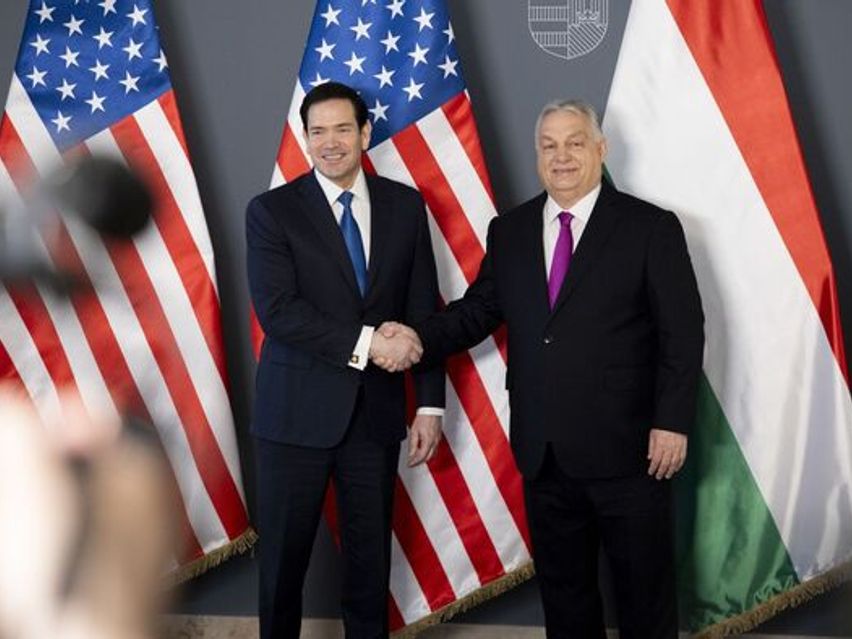
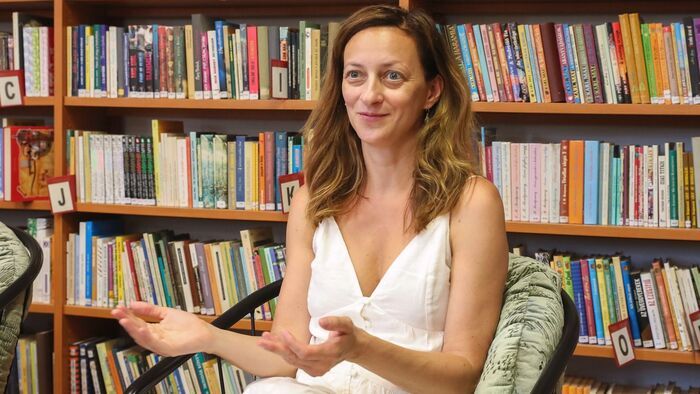

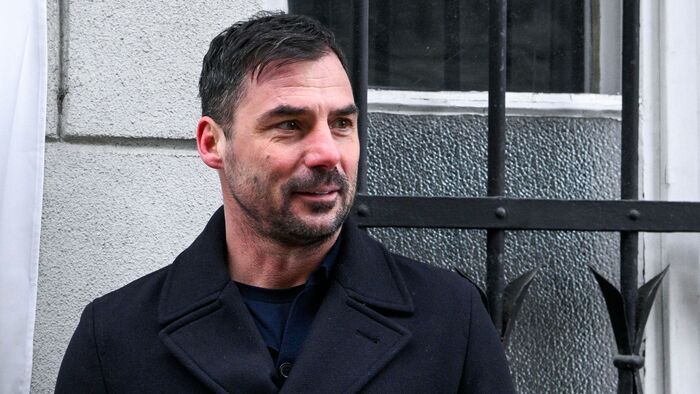

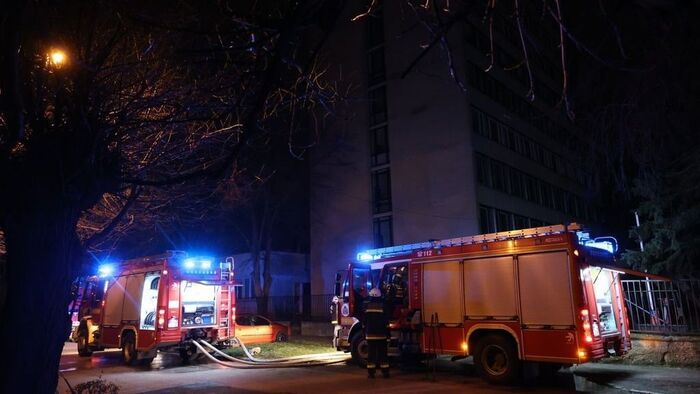

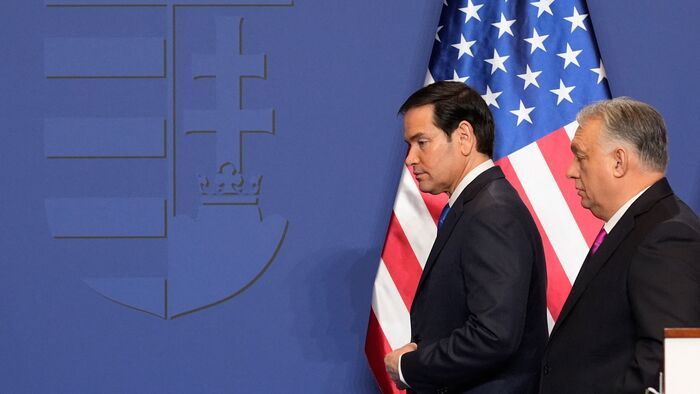
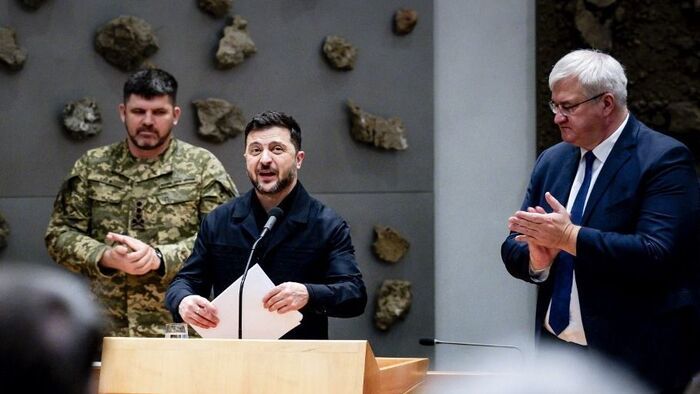
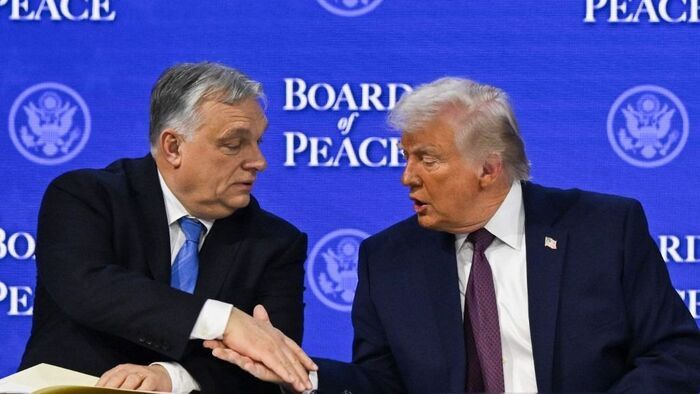





Szóljon hozzá!
Jelenleg csak a hozzászólások egy kis részét látja. Hozzászóláshoz és a további kommentek megtekintéséhez lépjen be, vagy regisztráljon!